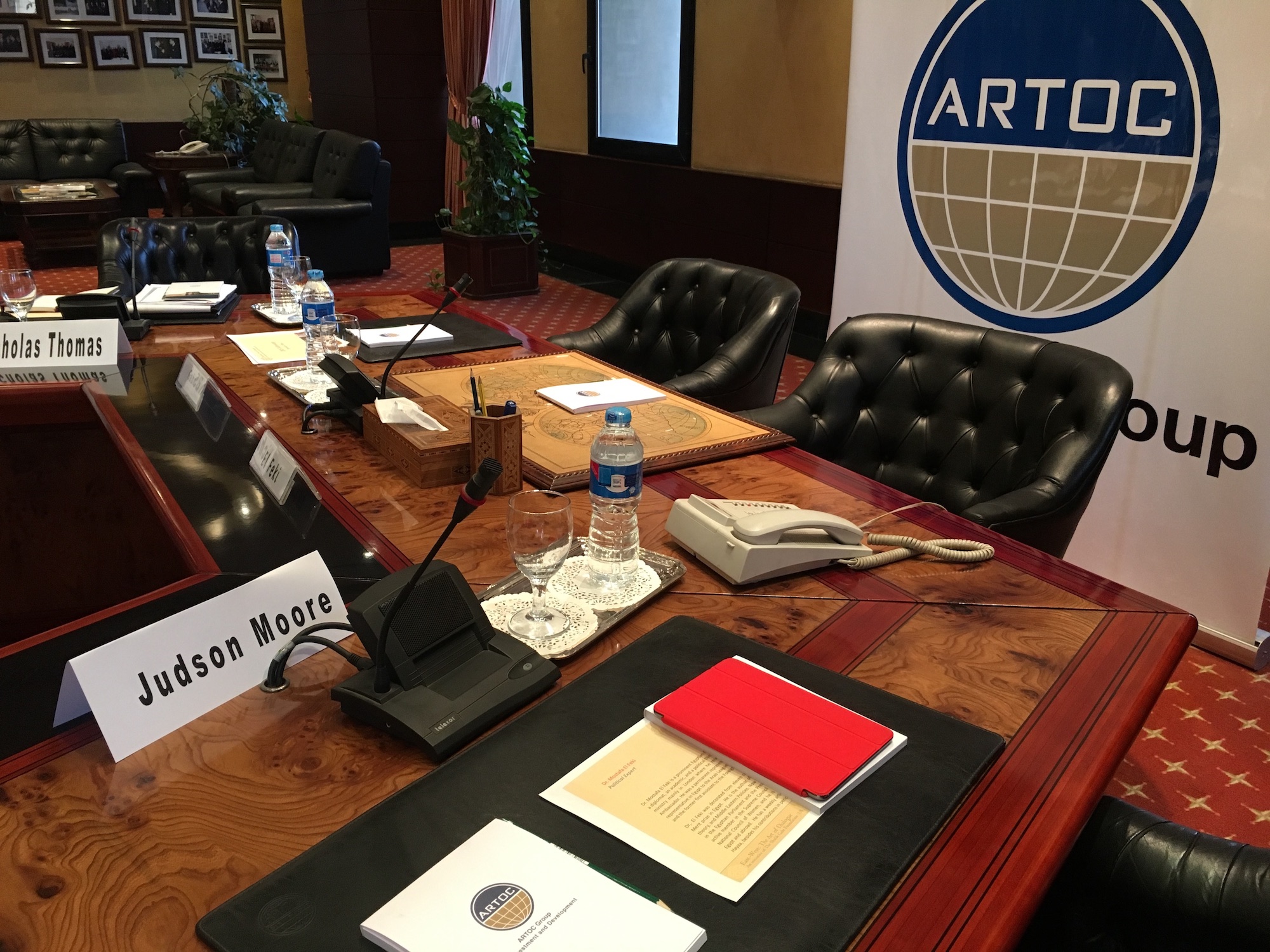Introduction to the GABR Fellowship
M. Shafik Gabr is a prominent Egyptian businessman and philanthropist who has established charitable foundations in Egypt and the United States to perform various humanitarian works. In 2013, he initiated a fellowship program that encourages East-West dialogue. Each year, the fellowship brings 20 young professionals together for a month of travel, dialogue, and stimulating meetings with top leaders in Egypt and the United States.
As a 2015 fellow, I share these comprehensive notes from my fellowship experience to:
- Document my learnings and insights
- Help future fellowship applicants understand the program
- Provide valuable perspectives on East-West relations
- Share knowledge gained from top leaders in various fields
- Inspire others to pursue international leadership opportunities
- Foster understanding between Eastern and Western cultures
Please note that these are detailed notes from the program. While I’ve tried to be as comprehensive as possible, the most meaningful learnings often came from person-to-person interactions that the fellowship facilitates. For more information about the fellowship, feel free to leave a comment below, contact me, or visit the Shafik Gabr Foundation website.
Part 1: The Egyptian Experience
The first segment of the fellowship takes place in Egypt, spanning 12 days across Cairo, Giza, the Suez Canal, Alexandria, and Luxor. We engaged with leaders in politics, the military, education, business, culture, and religion at each location.
Day 1: October 16, 2015 (Cairo)
Mr. Rob Riemen, Founder, President & CEO of the Nexus Institute
Topic: Culture and Civilization: The Return of Political Extremism in the 21st Century
Location: Ramses Hilton Hotel
- No notes available
Day 2: October 17, 2015 (Cairo)
Mr. Karim Haggag, Deputy Director of Policy Planning at the Ministry of Foreign Affairs
Topic: Shifting Middle East Landscape
Location: Ramses ARTOC HQ
Key Insights:
-
Arab Spring
- A reaction to cries for freedom away from authoritarianism
- Youth-driven movement
- Focus on democracy
- Rapid paradigm shift within one year
- Impact on regional stability
- Lessons for future democratic movements
-
Muslim Winter
- Authoritarian reaction to maintain tradition
- Failed restructuring in Tunisia and Libya
- Regional impact across Syria, UAE, Lebanon
- Challenges to democratic transition
- Role of traditional institutions
-
Terrorism Evolution
- 2005-2011: Terrorism was uncommon in the Middle East
- Return in the form of ISIS
- Shift from traditional attacks to statehood aspirations
- Impact on regional security
- International response strategies
-
Egypt’s Role
- Middle East trendsetter
- First parliament and constitution
- Pioneer in peace initiatives
- First to sign Israeli Peace Treaty
- Regional leadership position
- Historical significance
-
US-Egypt Relations
- Questions about US relevance in the region
- Importance of non-government counter-messaging
- Role of non-radical Islamists in combating extremism
- Strategic partnership dynamics
- Future cooperation opportunities

Adel El-Adawy, Assistant Professor at The American University in Cairo
Topic: U.S. - Egypt Think Tank: Egyptian Foreign Policy
Location: Ramses ARTOC HQ
Key Points:
- Recent government instability
- Foreign Policy Circles:
- Regional Neighbors (Arab Circle)
- African Circle (re-emerging leadership)
- Mediterranean Circle (Italy, France, Spain)
- International Circle (USA, UK, Russia, China)
Major Issues:
- Israel/Palestine relations
- Ethiopian Dam
- Mediterranean immigration
- Climate change
- Regional security
- Economic development
Think Tank Landscape:
- Government departments’ official think tanks are most influential
- Private think tanks face challenges:
- Limited resources
- Weak influence
- Under-resourced
- Need for greater independence
- Role in policy development
Military-Politics Relationship:
- US/UK: Clear division with regular advisory role
- Egypt: Blurred lines due to military’s stabilizing role
- Military’s crucial role in preventing state failure
- Balance of power dynamics
- Future of civil-military relations
[Continue with the rest of the detailed notes…]
Key Takeaways from the Fellowship
-
Cultural Understanding
- Deep insights into Egyptian culture and society
- Understanding of East-West relations
- Appreciation for diverse perspectives
- Cross-cultural communication skills
- Cultural sensitivity development
-
Leadership Development
- Exposure to various leadership styles
- Understanding of international diplomacy
- Development of cross-cultural communication skills
- Strategic thinking enhancement
- Global leadership perspective
-
Professional Growth
- Networking with international leaders
- Understanding of global issues
- Development of strategic thinking
- Career advancement opportunities
- International experience
-
Personal Development
- Enhanced cultural awareness
- Improved communication skills
- Global perspective development
- Personal network expansion
- Leadership confidence building
Conclusion
The GABR Fellowship provided an unparalleled opportunity to engage with leaders and understand the complexities of East-West relations. These notes represent just a portion of the valuable insights gained during this transformative experience. The program’s impact extends far beyond the month-long fellowship, influencing participants’ careers, perspectives, and contributions to international dialogue.
Are you interested in applying for the GABR Fellowship? Have questions about the program? Share your thoughts in the comments below! Let’s continue the dialogue about East-West relations and international leadership development.